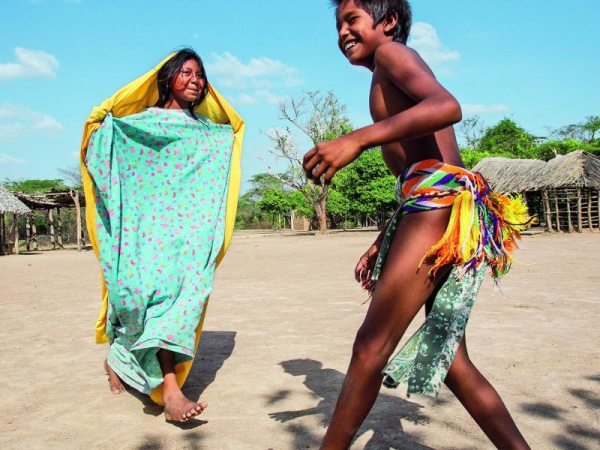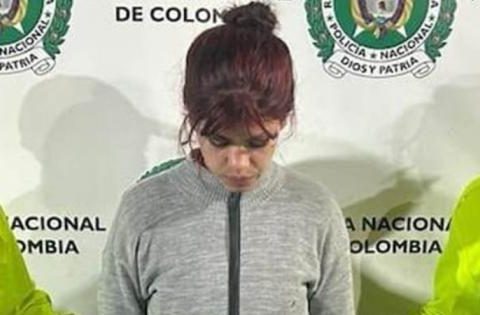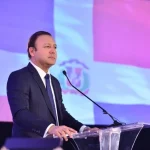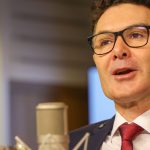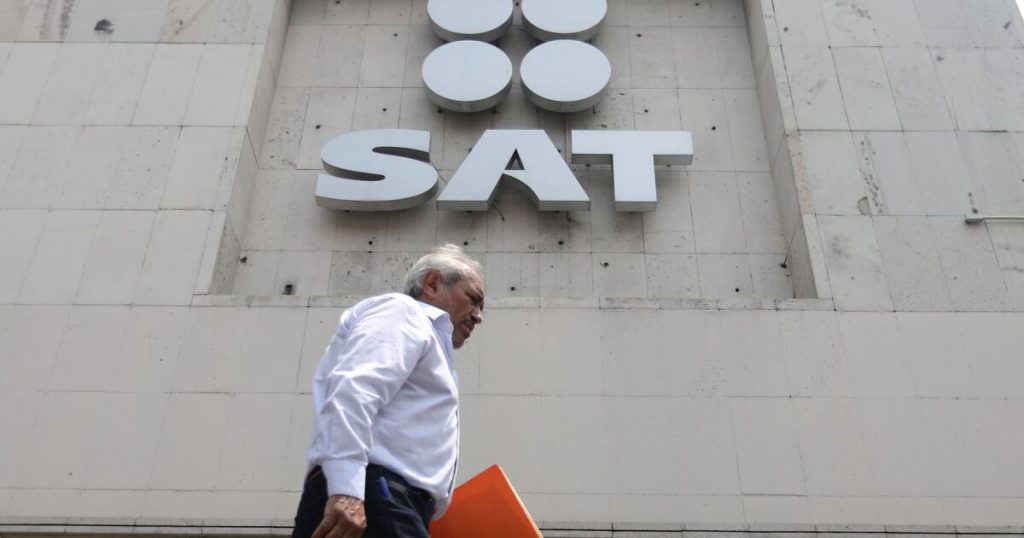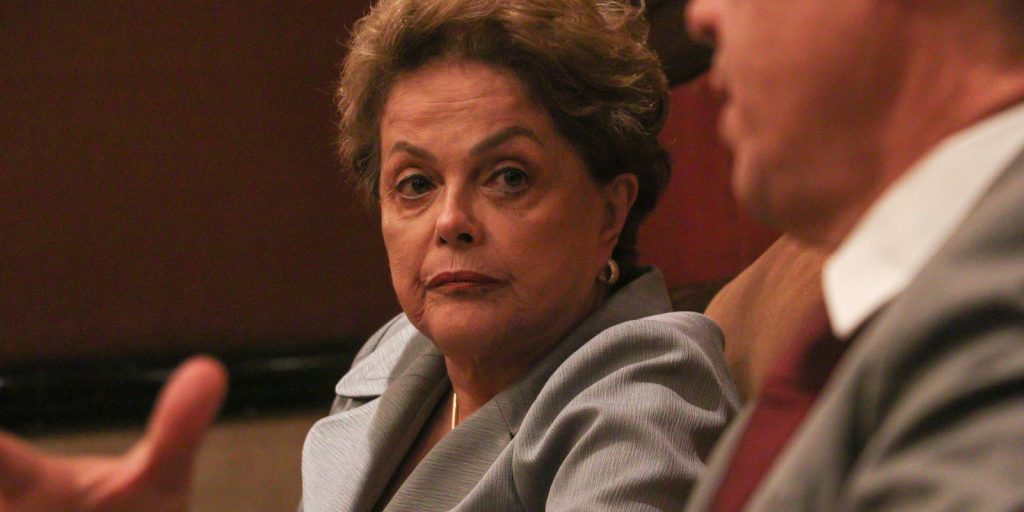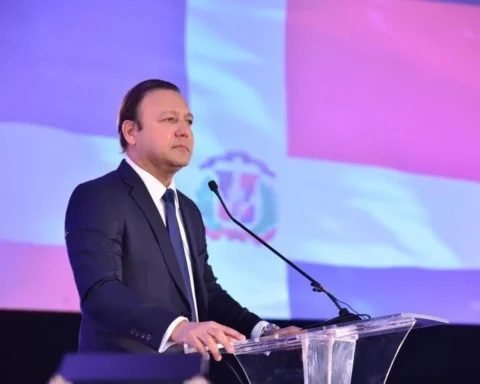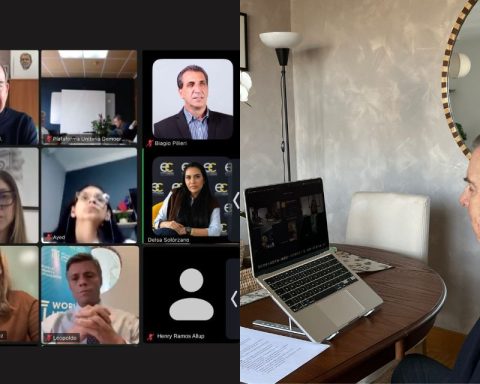Indigenous peoples have lived for millennia “in balance between man and nature” thanks to their ancestral knowledge and know-how that has guaranteed the conservation of the biodiversity of the territories they inhabit.
(See here: The reasons why the suspension of social network X was ordered in Brazil)
However, their work is not always accompanied by recognition, which is why they are coming to COP16 with the purpose of putting this need on the table.
“Those who take care of biodiversity are our traditional people, our grandparents, in the malocas, kankuruas (temples), tulpas (hearths)”defends the Senior advisor of the National Indigenous Organization of Colombia (ONIC), Orlando Rayo, of the Yagua peopleAdds: “The journey of indigenous peoples, the spiritual, the material and the earthly, that is the system of knowledge, it is the entire life of the people.”
For this reason, they hope and ask that COP16, which will be held in Cali from October 20 to November 1, be “one step forward” and that a is achieved “milestone” Regarding the measures to be adopted to enforce Article 8(j) of the Convention on Biological Diversity, which recognizes the right and recognition of indigenous peoples, explains Lucy Mulenkei, co-chair of the International Indigenous Forum on Biodiversity (IIFB).
(Read more: Kiingi Tuheitia, the king of the New Zealand Maori, dies at 69)
COP16.
Representatives of indigenous peoples from around the world met this week in Bogotá at the World Summit on Traditional Knowledge related to Biodiversity.
The meeting took place this week seeking to be a space for dialogue in which communities could debate and adopt common positions in view of the summit to be held in Cali.
Indigenous meeting
The Botanical Garden of Bogotá, among wax palms and Amazonian flowers, This was the setting where indigenous representatives met these last four days in eight working groups.
The groups represent the continuity of the work they have carried out throughout the year, something that has allowed them to have proposals and consensus on the common issues they want to put on the table in Cali.
(Read here: Does food addiction really exist? This is what science says)
“This summit is a step towards the full and effective participation of indigenous peoples,” said Ramiro Batzin, co-president of the International Indigenous Forum on Biodiversity (IIFB), a member of the Mayan people of Guatemala. The Central American detailed the key points agreed upon: recognition of traditional knowledge, participation and direct access by the peoples to the digital data sequence.
Indigenous peoples will play a leading role at COP16, the Colombian government stressed, both in decision-making and influencing high-level negotiations, as well as in participating in different events so that they can contribute their knowledge and be part of the agreements that may be reached. Although native communities represent only 5% of the world’s population, the territories they inhabit contain 80% of the planet’s biodiversity.
EFE
